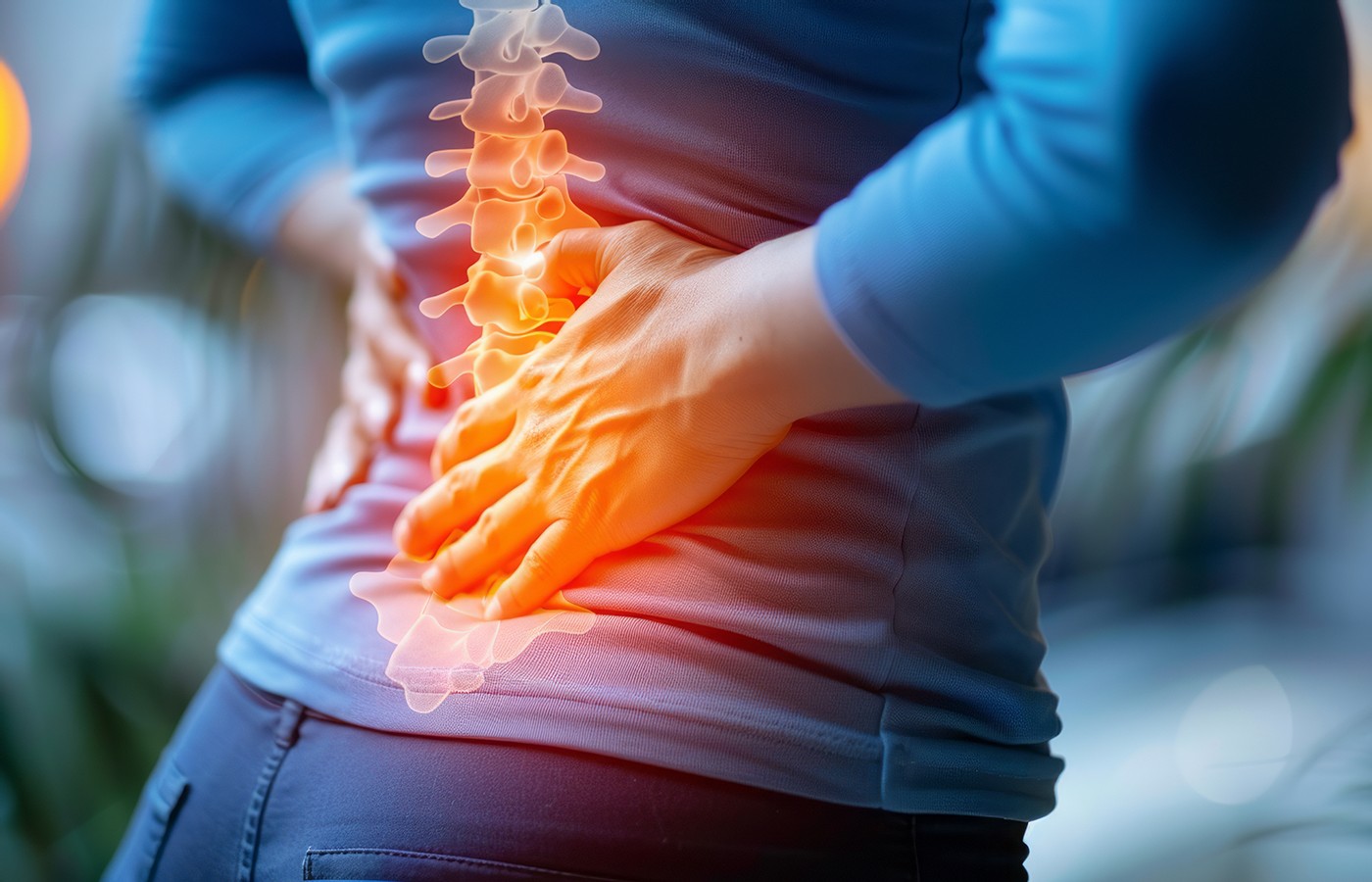It’s a new year and many chiropractors are evaluating what will enhance their respective practices, particularly as it relates to their bottom line. One of the most common questions I get is: “Do I need to be credentialed to bill insurance, and what are the best plans to join?” It’s a loaded question – but one every DC ponders. Whether you're already in-network or pondering whether to join, here's what you need to know.
Studying Spinal Decompression for Chronic Low Back Pain
- A new study will investigate the value of nonsurgical spinal decompression for chronic low back pain among adult patients ages 18-65.
- Funded by the U.S. Army Medical Research and Development Command (USAMRDC), the study will be conducted at the University of South Florida, with Stanford University serving as consultation support for MRI image analysis.
- Nathan D Schilaty, DC, PhD, a 2007 DC graduate of Parker University and director of the Center for Neuromusculoskeletal Research at USF, will serve as principal investigator.
A new study will investigate the value of nonsurgical spinal decompression for chronic low back pain among adult patients ages 18-65. Patients will be divided into two groups for comparison, with the intervention group receiving 20 decompression sessions utilizing a spinal decompression device,1 and a control group receiving sham decompression (equivalent frequency / time frame as the intervention group).
The study, funded by the U.S. Army Medical Research and Development Command (USAMRDC), will be conducted at the University of South Florida, with Stanford University serving as consultation support for MRI image analysis. Nathan D Schilaty, DC, PhD, will serve as principal investigator, with Kenneth A. Weber II, DC, PhD, as the MRI consultant.2
Dr. Schilaty, a 2007 DC graduate of Parker University, is the Lincoln Endowed Chair of Chiropractic & Biomechanics Research, director of the Center for Neuromusculoskeletal Research, and assistant professor of neurosurgery and medical engineering at USF.
Specifically, “This project will implement a small-scale double-blinded, randomized proof-of-concept clinical trial to gather biomechanical and MRI data that will objectively determine the effectiveness of non-surgical spinal decompression (NSSD) over a 12-week longitudinal timeframe.3
Inclusion criteria for the clinical trial include chronic low back pain (minimum of three months) not attributable to a known serious spinal pathology, CNS involvement, or other chronic pain conditions, among other exclusions.
Pre-Intervention Assessments
“Assessments prior to intervention will include 1) 3D motion capture performing functional tasks, 2) electromyography of the lower back and legs, 3) [myotonometry], 4) range of motion, and 5) sensorimotor reflex measurement. In addition, the [participants] will complete online questionnaires that include the Defense Veterans Pain Rating Scale 2.0, PROMIS Pain Interference, PROMIS Physical Function, Central Sensitization Inventory, and the Oswestry Disability Index.”3
Post-Intervention Assessments
“Assessments after intervention will include 1) 3D motion capture performing functional tasks, 2) electromyography of the lower back and legs, 3) [myotonometry], 4) range of motion, and 5) Sensorimotor reflex measurement. In addition, the [participants] will complete online questionnaires that include the Defense Veterans Pain Rating Scale 2.0, PROMIS Pain Interference, PROMIS Physical Function, Central Sensitization Inventory, and the Oswestry Disability Index.”3
References
- Worth S. “Excite Medical Donation to USF Adds to Spinal Decompression Study.” USF Health, Jan. 18, 2023.
- Email correspondence with Dr. Nathan Schilaty, Sept. 19, 2024.
- Non-Surgical Spinal Decompression Therapy and Outcomes (RESTORE). ClinicalTrials.gov.



